Reps approve, adopt report on Peace Corps bill, three years after laying committee’s report
[ad_1]
Finally, the House of Representatives on Tuesday adopted the report on a bill which seeks to establish the Nigerian Peace Corps to facilitate peace, volunteerism, community services, neighbourhood watch and nation-building; and for related matters.
The report on the bill was laid for consideration before the Committee of the Whole on July 24, 2019
During the consideration of the report, Hon. Dagomie Abiante raised an objection on some clauses that seemed contradictory such as the fact that there are provisions for pensions when the job is supposed to be voluntary and draw just some allowances, which cannot be pensionable.
In addressing the objections, the Deputy Speaker who presided over the Committee of the Whole, Hon. Idris Wase stated that all areas of contradictions and concerns will definitely be cleaned up for the good of the security of Nigeria.
As stipulated in the bill, the functions of the Peace Corps Governing Board shall include: Enlist, mobilise, train and orientate the youths in order to develop them as supporting agents of social order by providing a second line of public safety; serve as a think-tank and educate residents of every community on security and safety measures peculiar to their neighbourhood; and uphold a bottom-up surveillance through monitoring, observation, evaluation and to detect, collate and analyse intelligence data on matters that may likely cause breach of peace and security within the neighbourhood and transmit same to the appropriate Security Agency for pre-emptive measures and actions;
The Board is also expected to engage in Peace Advocacy, Mediation and Conflict Resolution in order to advance the course of Peace-Building, Reconciliation and Conflict Transformation in all communities in Nigeria; secure Educational Institutions from intruders and to combat all forms of social decadence and vices, including cultism and examination malpractices with a view to creating peaceful and conducive atmosphere for learning; and serve as a Reservoir and Spring-board of skilled man-power as adhoc staff for providing Social and Community Services such as Crowd Control, Emergency Relief Services, Rehabilitation of Internally Displaced Persons, Voters’ Registration, Election Duties, Census, Immunization and First Aid.
ALSO READ FROM NIGERIAN TRIBUNE
The Board is also empowered to set-up a Centre saddled with the responsibility of training and building the capacity of the youths in the areas of Critical Thinking, Creativity, Innovation, Entrepreneurial and Skill Acquisition; set-up well organized and structured farm settlement across the various Senatorial Districts in order to redirect the untapped and productive energy of the youths into large-scale and mechanized farming for increased food production, and planting of economic trees, to mitigate desertification and the effect of climate change in Nigeria; and set-up desk at the various entry points into the country in order to register tourists and other visitors, after clearance by the Nigerian Immigration Service and other relevant Security Agencies, and to serve as Tour Guards and Guides to their respective destinations upon the payment of charges; as well as any other functions as may be assigned by the Minister.
Clause 4 of the bill stipulates members of the Board who shall consist of: Chairman to be appointed by the President; two nominees each appointed by the President as members representing the six Geo-Political Zones of the Country; and Chairman and members of the Board shall be appointed subject to confirmation by the Senate.
On the qualifications of the Chairman and other members of the Corps, Clause 5 of the bill provides that: “No person shall be appointed as chairman or member of the Board, if- he is not qualified or if he is disqualified for election as a member of the House of Representatives; and within the preceding 10 years, he has been removed as a member of the bodies established by section 153 of the Constitution of the Federal Republic of Nigeria 1999( as altered), or as a holder of any other office on grounds of misconduct.”
On the appointment of the National Commandant of the Corps, Clause 11(1) provides that: There shall be for the Corps a National Commandant who shall be appointed by the President and Commander-in-Chief subject to confirmation by the Senate of the Federal Republic of Nigeria.
“Notwithstanding any provision in this Bill, the position of the National Commandant shall be appointed from among the very Senior Officers cadre of the Corps; and the appointee must have occupied an office in the Corps not below the position of Assistant National Commandant and would have served in the Peace Corps meritoriously for a period not less than 10 years and must possess a minimum qualification of First Degree or its equivalent.”
It further stipulates that the National Commandant shall hold office: in the first instance for a term of 4 years and may be eligible for reappointment for another term of 4 years and no more; and on such terms and conditions as may be specified in his letter of appointment.
According to the bill, Members of the Corps shall be Nigerians within the age of 18-35 years at the time of enlistment, while Regular members and other staff shall be recruited by the Board periodically to meet the personnel requirements of the Corps, while the recruitment of the volunteers shall be handled by the National Commandant as the need arises.
The Nigerian Peace Corps, according to the report, is to be under the Minister charged with responsibility for matters relating to Ministry of Special Duties and Intergovernmental Affairs.
The report further stipulates that Peace Corps Volunteers who are accredited youth within the age range of 18-35 years who are not on full remuneration but shall be on monthly stipend to be determined by the Board and are to serve as reservoirs for the Corps and other security agencies, while Regular Staff officers who are main core staff of the Corps shall be on full remuneration.
[ad_2]
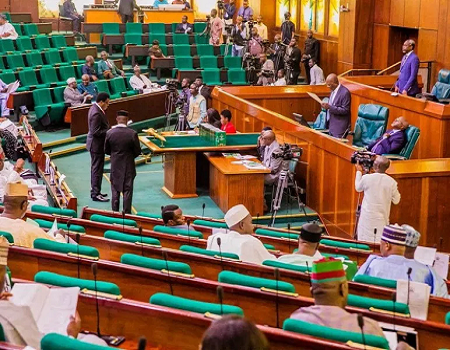

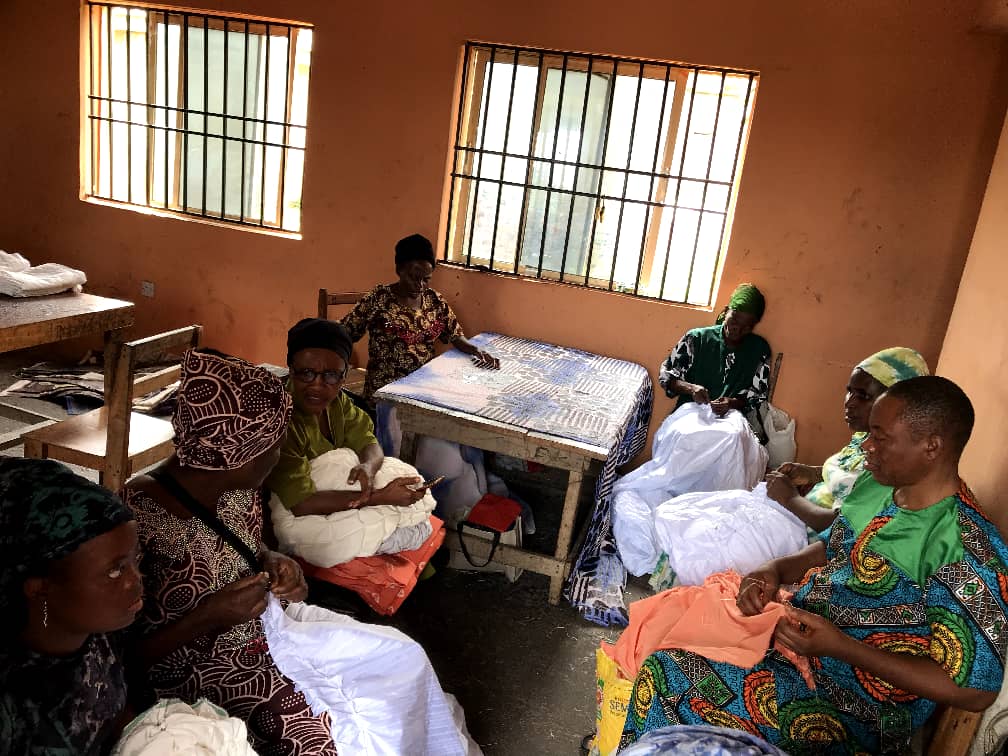
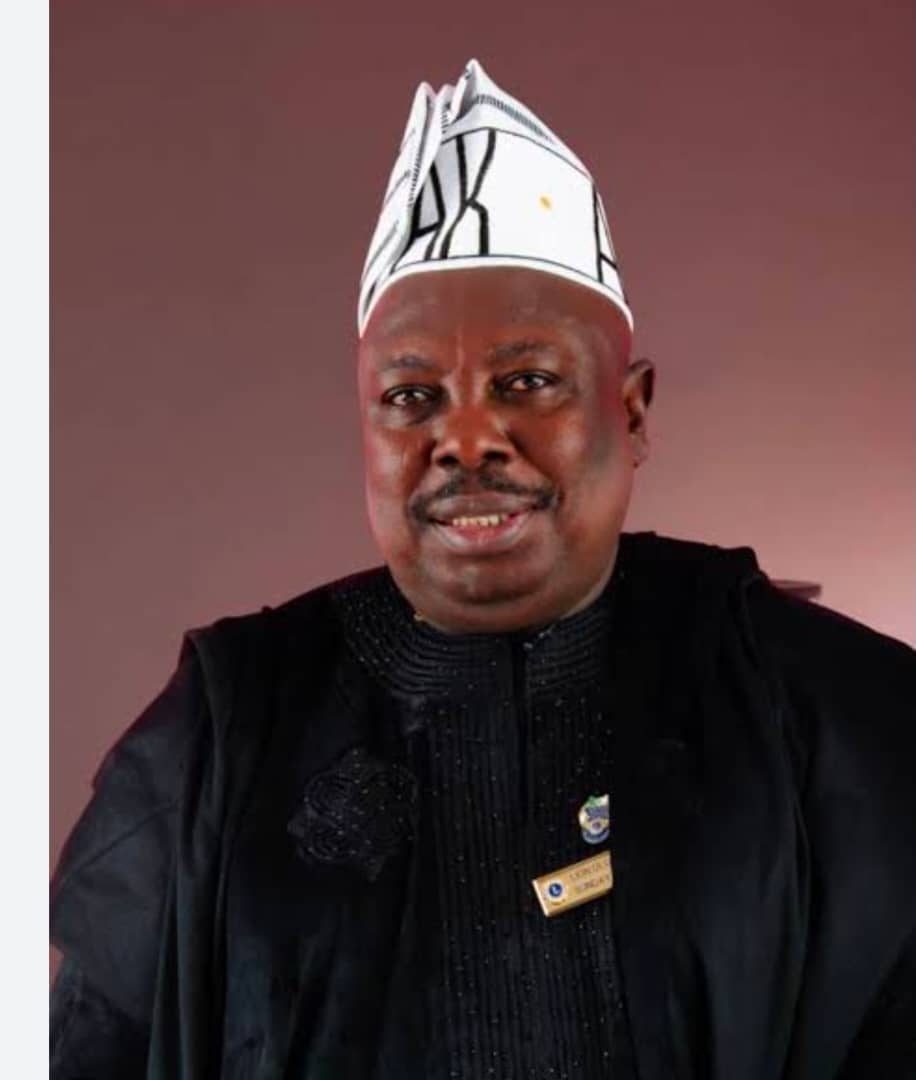
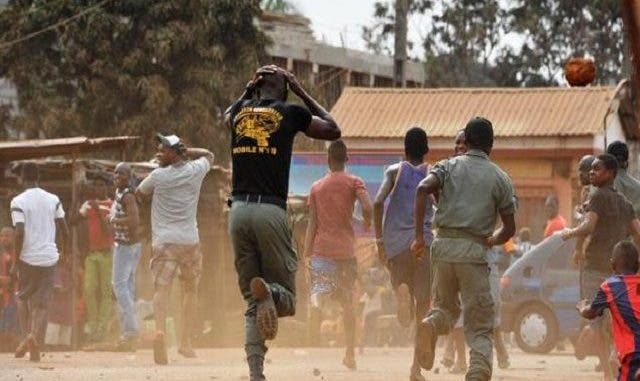

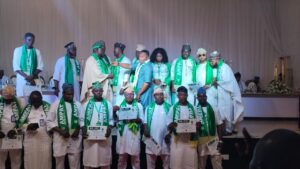


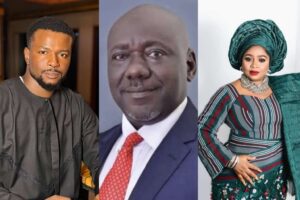





Post Comment